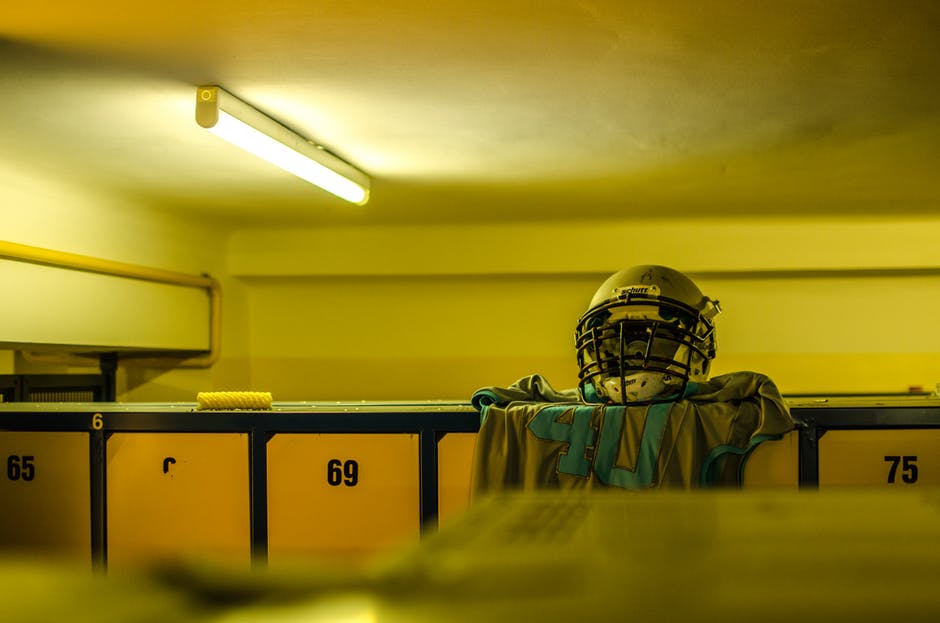The Silent Issue: Sport stars and sexual violence
As Phil Taylor departed the oche for the final time the eulogies began to flood in. A minority made brief reference to his 2001 conviction for indecent assault, but merely as a caveat in a wider hagiography. The implication was consistently clear, such an indiscretion does not prevent adoration and celebration, let alone participation.
Maybe sport and personal issues should be fully separated to the point of voluntary ignorance. The Ched Evans fiasco was handled messily by just about everyone involved, whilst players who have killed people, even children, through drunk driving continue to play without serious uproar. There is always a temptation to separate the art from the artist, and sport is no different. Yet in a cultural moment where Hollywood powerhouses like Harvey Weinstein and Kevin Spacey are having their careers summarily expunged for sexual assault allegations, sport and sport fans’ lack of collective conscience on some of its most recognisable faces is galling.
Take Cristiano Ronaldo, whom Der Spiegel alleged – with accompanying documents – raped a woman in 2009 before entering into a hefty financial settlement and non-disclosure agreement. Ronaldo, as expected, denies accusation. Considering the Portuguese star’s colossal profile and fan base, the lack of attention or ramification such a serious and detailed allegation has had is staggering.
In a cultural moment where Hollywood powerhouses are having their careers summarily expunged for sexual assault allegations, sport and sport fans’ lack of collective conscience on some of its most recognisable faces is galling
Similar is true of Kobe Bryant, another individual whose profile extends well beyond the usual confines of a sportsman into advertising and an exalted, hero status. In 2003 Bryant was accused of rape, himself admitting adulterous sexual activity but denying that charge, and settled a civil lawsuit with his accuser. Although the incident had a short-term impact on Bryant’s popularity and sponsorship deals, in 2017 it is a distant memory. By 2007 Bryant was estimated to be earning $16 million a year through sponsorship alone. He meets President Obama at the White House, is a guest on Ellen, continues to be worshipped by young fans, and no-one bats an eyelid.
In 1992 Mike Tyson was convicted of raping 18-year-old Desiree Washington. Although Tyson denied the charge, medical evidence suggested Washington’s condition was consistent with having been raped, and Tyson was sentenced to six years in prison. After his release, Tyson was allowed to return to the ring, subsequently winning titles and millions of dollars. In 2009 he was enough of a harmless and comedic presence to cameo in The Hangover.
Should being good at a particular sport, or having a well-constructed public persona prevent, at the very least, a cautious approach to adulation?
Peyton Manning is the quintessential all-American hero. A tremendous sportsman, public Christian and philanthropist who has dabbled his fair bit in television and film too. But in 1996 the University of Michigan settled with a female trainer who described herself as ‘scared, repulsed and intimidated’ after Manning allegedly exposed himself to her in a way that bears striking similarity with the stories emerging from America’s cultural capital. Manning has always disputed his accuser’s version of events.
It is important to note that there are shades of grey between the severity of allegations, and the nature of their settlements. An allegation is not the same as a conviction, nor is a financial settlement necessarily an admission of guilt. Equally, people have the capacity to change, and to show contrition. Tyson, in particular, has struggled publicly with extreme personal demons and tragedy, and has tried to change his life around. Whether or not he should be allowed to is not for me to say.
It is important to note that there are shades of grey between the severity of allegations, and the nature of their settlements. An allegation is not the same as a conviction, nor is a financial settlement necessarily an admission of guilt
But what is unavoidable is that the sporting community, unlike the current situation in the entertainment industry, is not vocally denouncing any of these individuals. They are not the subject of any widespread criticism, or shunning, despite the severity of the crimes with which they have been accused. Should being good at a particular sport, or having a well-constructed public persona prevent, at the very least, a cautious approach to adulation?
Sport lacks the co-ordinated production body that Hollywood has, so there is an incumbency on fans to make informed choices and express themselves freely in the face of pressure. There are tentative signs that some are already preventing allegations from being buried in the past, with Bryant the subject of a Twitter Moment in December entitled ‘Not everyone has forgotten Kobe’s history of sexual assault allegations’. Social media was also relatively vocal in criticising Taylor when he retired, though that can be attributed as much to his aggressively dislikeable personality as a wider moral judgement.
While it is easier to pretend that people whose skill you enjoy watching can do no wrong, and I myself have openly praised several applicable athletes in the past, it is high-time that sport fans, as a collective community, started asking the difficult questions that need answering. With systematic abuse of athletes coming to light at an alarmingly high level, to do anything else is a bitter insult.

Comments